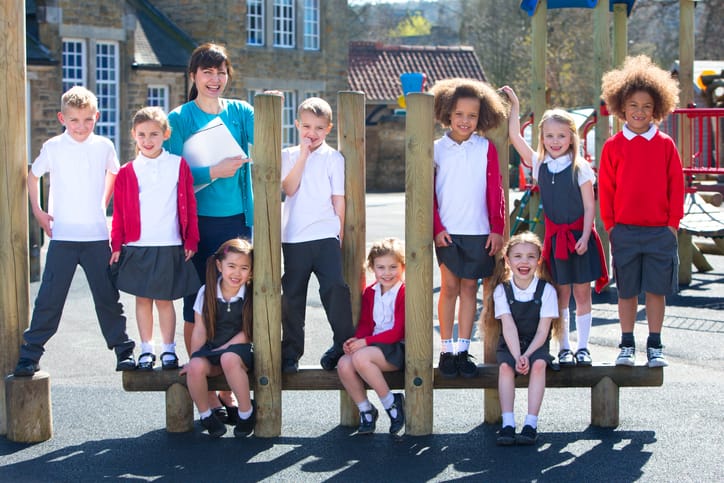The Recovery Curriculum – A Chance To Press ‘Reset?’
Written by Kapow Primary
Published on 20th August 2020
Last Updated: 18th August 2023
Written by Kapow Primary
Published on 20th August 2020
Last Updated: 18th August 2023

As children and teachers across the country prepare to return to school, how will the last six months have affected all involved? How will schools adapt to meet the needs of their pupils? How will teachers address the undoubted gaps in the curriculum?
In April, Barry Carpenter, Professor of Mental Health in Education at Oxford Brookes University addressed these questions in a Think Piece entitled A Recovery Curriculum: Loss and Life for our children and schools post pandemic. The piece resonated with those within Education and was shared widely across social media, launching the construct of the ‘Recovery Curriculum’ and it is just that -a construct- not a set of resources to be worked through, or tick boxes to check off.
The following points summarise the piece, although I highly recommend you read it in full (link at the bottom).
The think piece itself doesn’t suggest many practical ideas for how this would look in school – rightly allowing schools to adapt to the needs of their own pupils. Many schools have taken it upon themselves to create their own Recovery Curriculum with a focus on wellbeing. Some schools are increasing the amount of circle time (albeit without the circle!), some are choosing fiction with relevant themes, others are extending break times to allow children a chance to reconnect with their peers. It all depends on the school.
Whilst this approach is likely to be whole-heartedly welcomed by schools, there will undoubtedly be concern about how to create time within an already overcrowded curriculum to provide the support Barry Carpenter suggests.
The Department for Education has set an expectation that schools should have returned to their normal curriculum by Summer term 2021. They state that prior to this, schools need to ‘make use of existing flexibilities to create time to cover the most important missed content.’ “What existing flexibilities?” you may cry! The expectation seems to be that schools cover missed content, whilst teaching new content, whilst also addressing wellbeing as a priority. The pressure to do all three might actually have the opposite effect to what the DfE intend: reduced wellbeing which negatively impacts on pupils’ learning.
Slightly more reassuringly, The Department for Education produced a webinar called ‘Supporting pupil and student wellbeing’ in July which included Barry Carpenter as one of the experts. Can we consider his inclusion in their limited guidance as permission to address the processes of recovery before we even attempt to address the processes of learning?
This construct of the Recovery Curriculum empowers teachers to take ownership of their classroom because the old frameworks don’t apply right now – we’re in unprecedented times, after all. The basis of this curriculum is a basis of need. Of course, schools and teachers will have to fight the usual battles: trying to fit everything in, preparing children for standardised testing, worrying about impressing Ofsted, questioning what impact our choices will have on our standing in league tables. But hope is that this pandemic, this discussion surrounding what children need for their wellbeing and not what they need in order to meet expectations, might be the chance to press ‘reset’ on how we approach the curriculum and learning within our classrooms for good.
Related documents:
Further reading and related resources: